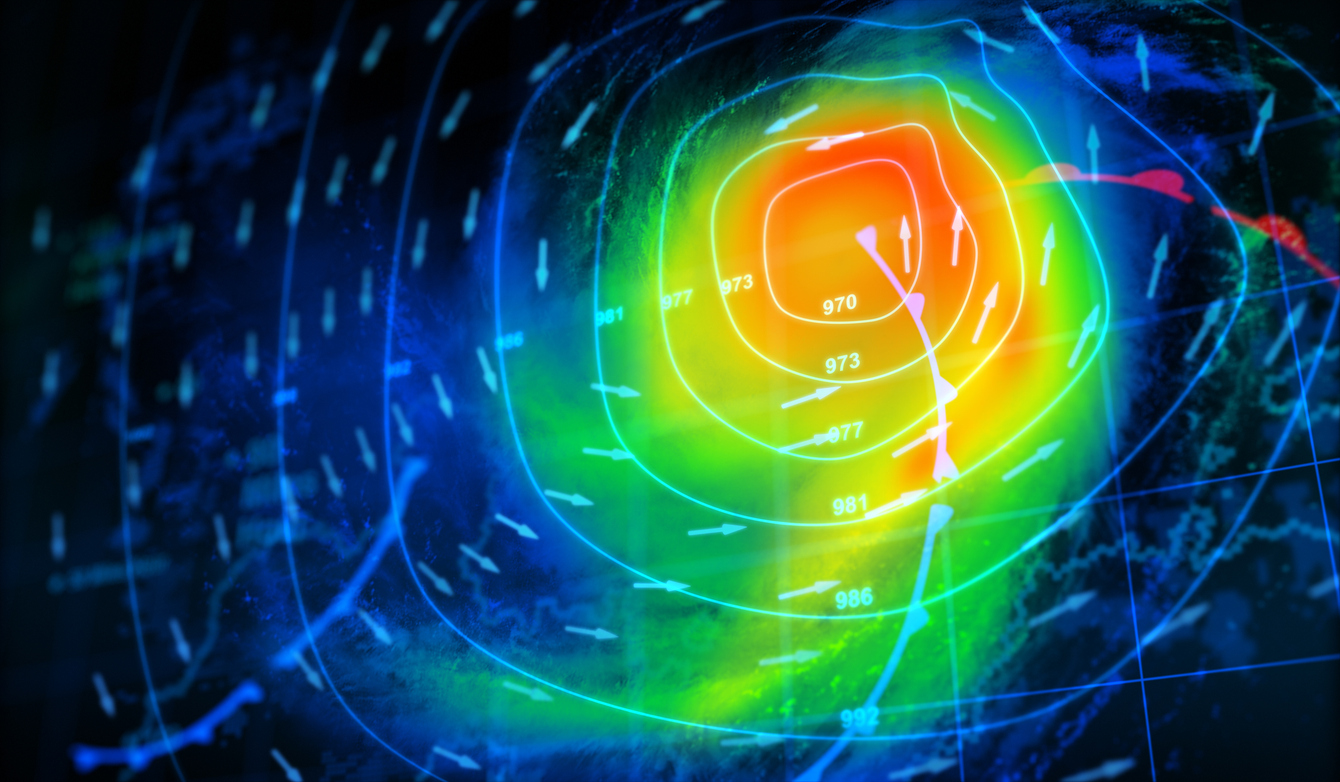Thanks to technological advancements, weather prediction has advanced over the years. Artificial Intelligence (AI) is a standout contributor to this evolution process by significantly improving the accuracy and efficiency of forecasting methods. This article delves into nine AI innovations that have reshaped advancements and their profound influence on society.
1. Improved Data Gathering
AI gathers data essential for forecasting weather accurately and efficiently. This task was previously reliant on manual methods and prone to delays and errors due to human involvement. With the integration of AI weather forecasting technology, data collection has become automated, enabling the analysis of data from sources such as satellites and drones. This automation has revolutionized the process by providing meteorologists with access to real-time information, resulting in enhanced prediction accuracy.
2. Predictive Analytics
Meteorological models have been significantly improved by the use of AI-driven predictive analytics technology. The analysis of weather trends enables AI algorithms to forecast weather conditions with impressive accuracy. These advanced models can foresee weather occurrences ahead of time, giving communities sufficient opportunity to get ready and lessen potential harm.
3. Machine Learning Models
The advancement of machine learning has ushered in an era for weather prediction methods that are dynamic and continuously evolving with new data inputs instead of relying on fixed models like before. This ability to adapt and improve in real-time boosts the reliability of forecasts as meteorologists tweak their models to capture emerging patterns. This ongoing refinement leads to increasingly precise predictions over time, which prove advantageous for industries like agriculture and transportation
4. Rapid Response Systems
AI-driven rapid response systems have transformed the way emergency situations are handled in times of weather events, like storms or hurricanes, by utilizing real-time data analysis to forecast their intensity and path accurately. The efficient deployment of emergency resources based on these predictions helps minimize the impact of disasters on the communities. This proactive strategy enhances community readiness for weather adversities.
5. Climate Change Insights
AI provides perspectives on climate change by allowing researchers to examine its effects on weather patterns and systems thoroughly. Through the analysis of data sets, AI can pinpoint patterns and unusual occurrences linked to climate change. These observations guide policymakers in making choices, assisting governments in devising plans to address the issues connected with warming and its impacts.
6. Keeping Up with the Weather Changes
Real-time weather updates are now easily available to everyone thanks to AI technology advancements and user-friendly apps and platforms that provide weather alerts personalized for each user's location. This immediate access helps individuals make decisions when scheduling outdoor activities or getting ready for changing weather conditions.
7. Agricultural Optimization
Farming depends significantly on weather predictions to maximize crop output. AI models offer farmers accurate forecasts for planning their planting and harvesting schedules. AI plays a key role in reducing the chances of crop loss caused by weather fluctuations, resulting in higher agricultural productivity and improved food security.
8. Improving Efficiency in the Energy Sector
The energy industry sees advantages in using AI to improve weather forecasting and wind and solar energy generation efficiency planning. AI technology helps predict wind conditions and sunlight intensity to help energy firms run effectively. This enhancement cuts costs. Encourages the shift towards energy options.
9. Enhancing Aviation Safety
AI has significantly improved aviation safety by providing precise and timely weather forecasts tailored to flight operations. Turbulence prediction, storm tracking, and wind shear analysis are some areas where AI-powered systems excel. These advancements enable airlines to optimize flight paths, reduce delays, and ensure passenger safety. By integrating AI-driven weather tools into aviation operations, pilots can make informed decisions, minimizing risks and enhancing the overall travel experience.
Conclusion
AI advancements in weather prediction have undeniably changed the game for meteorology and brought about advantages for society at large. The use of data-gathering techniques and predictive analysis powered by machine learning has made weather predictions more precise and trustworthy. Emergency response systems have been bolstered with up-to-the-minute information updates, enhancing readiness in crisis times. In addition to this, the knowledge gained from AI-powered weather forecasts plays a key role in shaping policies related to climate change. Moreover, AI-driven weather forecasting has led to improvements in farming methods.










